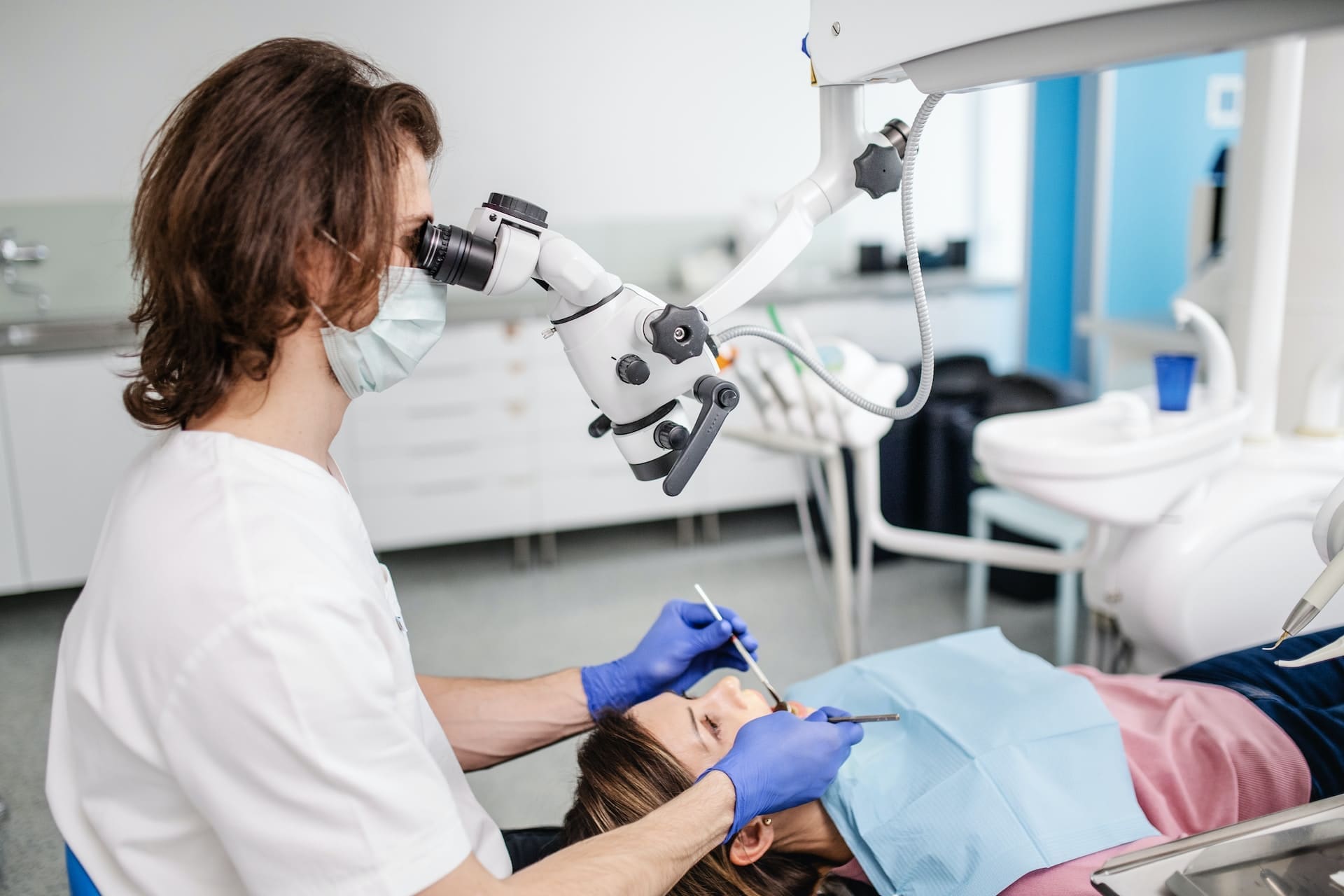Comprehensive Guide to Dental Crowns: Types, Benefits, and Procedure
Are you considering a dental crown to improve your oral health or enhance your smile? Dental crowns are a versatile and effective solution used to address various dental concerns, from restoring damaged teeth to perfecting the smile’s natural appearance. In this article, we will explore the world of dental crowns, discussing various types, benefits, and procedures involved, to better guide you in selecting the perfect dental crown for your needs.
Are you ready to learn more about dental crowns and their potential benefits? Continue reading our comprehensive guide on dental crowns, and do not hesitate to contact our dental experts at Weymouth Dental Arts to schedule a consultation. Together, we will help you achieve the beautiful, healthy smile you deserve.
What Is a Dental Crown
A dental crown is a custom-made cap that fits over a damaged or weakened tooth to protect it from further damage or to improve its aesthetics. It can be made from a range of materials, including ceramics, porcelain, resin, or metals. With proper care and oral hygiene, dental crowns may last for many years, providing long-term dental health benefits.
Types of Dental Crowns
1. Ceramic Crowns
Ceramic crowns are composed of porcelain material and are one of the most popular choices for front teeth, owing to their ability to blend seamlessly with the natural tooth color. They reflect light similarly to natural teeth, making them an excellent choice for those looking to restore their smile’s aesthetics. However, ceramic crowns are not as strong as other types, which may lead to a higher likelihood of breakage or chipping, especially when used in the back teeth or for patients with strong bite forces.
2. Porcelain-Fused-to-Metal Crowns
These crowns combine the durability of metal with the aesthetics of porcelain. The metal substructure provides strength and support for the porcelain outer layer, which closely matches the natural tooth color. While porcelain-fused-to-metal crowns are long-lasting and highly functional, the metal portion may show through at the gum line, causing a dark shadow or line, especially in patients with receding gums.
3. Gold Alloy Crowns
Constructed from a mixture of gold, copper, and other metals, these crowns offer excellent strength and durability. In addition, since gold alloy crowns are highly resistant to wear and tear and are less likely to damage the opposing teeth, they are ideal for patients with heavy teeth grinding or strong bite force. However, their metallic appearance may not appeal to individuals seeking a visually pleasing alternative.
4. Base Metal Alloy Crowns
Made from non-noble metals, these crowns offer a sturdy, corrosion-resistant, and biocompatible option. Base metal alloy crowns typically require the least amount of healthy tooth removal before placement, making them a more conservative option. Similar to gold alloy crowns, their metallic appearance may not be as visually appealing to some patients.
Benefits of Dental Crowns
1. Restoration of Tooth Function
Dental crowns can effectively restore the proper function of a damaged, decayed, or weakened tooth. With a crown, patients can experience improved biting, chewing, and speaking abilities.
2. Protection From Further Damage
By covering the tooth, dental crowns protect it from further deterioration, wear, and damage, providing long-lasting reinforcement to the tooth structure.
3. Cosmetic Enhancement
Custom-made to match each patient’s unique dental structure, dental crowns can dramatically improve the uniformity, shape, and color of one’s teeth, enhancing a person’s smile and overall facial appearance.
4. Supports Other Dental Procedures
When used in conjunction with other dental treatments, dental crowns can help patients achieve optimal oral health. For instance, crowns are often used with dental implants, bridges, or to protect a tooth following root canal therapy.
The Dental Crown Procedure
1. Preparation and Assessment
During the initial appointment, your dentist will thoroughly examine your tooth, determine its condition, and discuss the need for a dental crown. They will also help you choose the most suitable crown material based on your unique needs and preferences. Your dentist will then prepare your tooth by removing any decay and reshaping it to accommodate the crown.
2. Taking Dental Impressions
Your dentist will obtain a dental impression of your prepared tooth using a special molding material to create an accurate replica, which will serve as a template for your customized dental crown. Your dentist may also take impressions of the teeth surrounding the prepared tooth to ensure that the crown fits harmoniously within your bite.
3. Temporary Crown Placement
While your custom dental crown is being crafted, your dentist will install a temporary crown to protect the prepared tooth and maintain its appearance and function.
4. Fitting and Cementing the Final Crown
Once your custom dental crown arrives, your dentist will remove the temporary crown, clean the tooth, and carefully fit the permanent crown. After ensuring a comfortable and accurate fit, your dentist will cement the crown in place, leaving you with a fully restored and functional tooth.
Caring for Your Dental Crown
Maintaining proper oral hygiene is essential to prolong the life of your dental crown. Therefore, it is crucial to brush and floss daily, attend regular dental checkups and cleanings, and avoid hard or sticky foods that might damage the crown.
Conclusion
Dental crowns are a versatile, effective, and widely-used solution to restore and enhance oral health and aesthetics. By understanding the various types, benefits, and procedures involved, you can make an informed decision about whether a dental crown is right for your specific dental needs. To get started on your journey towards a healthier, more beautiful smile, schedule a consultation with Weymouth Dental Arts today.
At Weymouth Dental Arts, our experienced team of dental professionals understands the unique needs of each patient and works closely with them to determine the best dental crown type and solution for their individual requirements. Discover the full potential of your smile! Book an appointment with us now for expert guidance and personalized dental care for all your dental crown needs!

